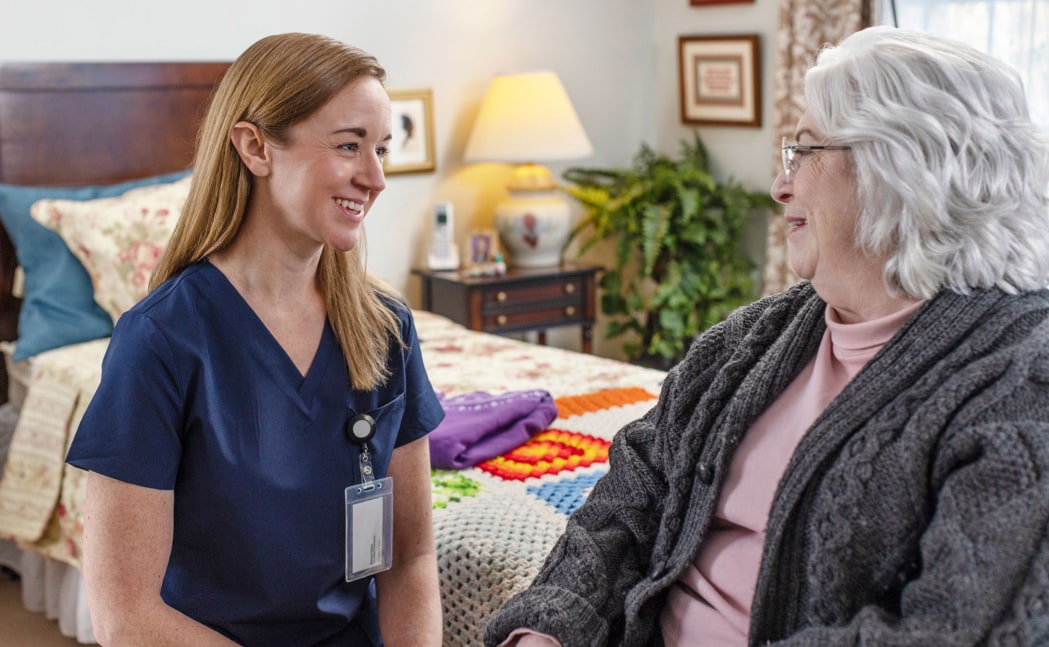Steering the Complexities of Elder Care: In What Way Family Interactions Influence Choices
Wiki Article
Managing the challenges of senior care can be a difficult experience for families. As loved ones age, their needs often change, necessitating more assistance and aid. Family relationships play a key role in the decision process regarding elderly care. Different family members may have diverse opinions on what type of care is best, which can lead to disagreements and stress. Recognizing how these relationships influence decisions can help families work together more effectively to ensure their relatives receive the best possible care.

One of the primary elements influencing family dynamics in senior care is dialogue. Honest and frank discussions among family members are crucial for making knowledgeable decisions. When family members express their opinions and emotions about care choices, it can lead to a deeper comprehension of each person's viewpoint. For example, one sibling may believe that in-home care is the most appropriate choice, while another may feel that assisted living is more appropriate. By discussing these viewpoints, families can explore the advantages and cons of each option and come to a consensus that respects everyone's opinions.
Another important aspect of family dynamics is the distribution of duties. In many families, one or two members may shoulder the bulk of the caregiving tasks, while others may be less involved. This imbalance can create feelings of resentment or annoyance among family members. It is crucial for families to recognize and address these inequities. By sharing responsibilities more evenly, families can ensure that no one person feels overwhelmed. This collaborative method not only relieves the burden on caregivers but also encourages a sense of teamwork and support among family members.
Emotional elements also play a major role in the decision process about elder care. Family members may go through a range of emotions, including guilt, anxiety, and sorrow, as they deal with the difficulties of aging. These emotions can influence how decisions are made. For example, a family member may feel guilt about suggesting a nursing home, worrying it may be seen as neglecting their relative. It is crucial for families to recognize these emotions and create a safe environment for expressing them. By doing so, they can work through their feelings together and make decisions that prioritize the health of their relative.
Finally, external influences can affect family dynamics and the decision process in senior care. Elements such as monetary considerations, societal beliefs, and the accessibility of resources can all shape the decisions families make. For example, some families may have limited financial resources, which can restrict their options for care. Additionally, societal beliefs about aging and caregiving can affect how families approach senior care. Recognizing these external factors can help families manage the challenges of the decision process and find answers that align with their principles and situations.
In summary, managing senior care requires careful consideration of family dynamics. Effective communication, equitable distribution of responsibilities, psychological understanding, and understanding external see this page factors are all crucial components of the decision-making. By collaborating and respecting each other's viewpoints, families can make knowledgeable choices that ensure their relatives receive the care and assistance they require. This collaborative method not only helps the elder but also strengthens family bonds during a challenging time.